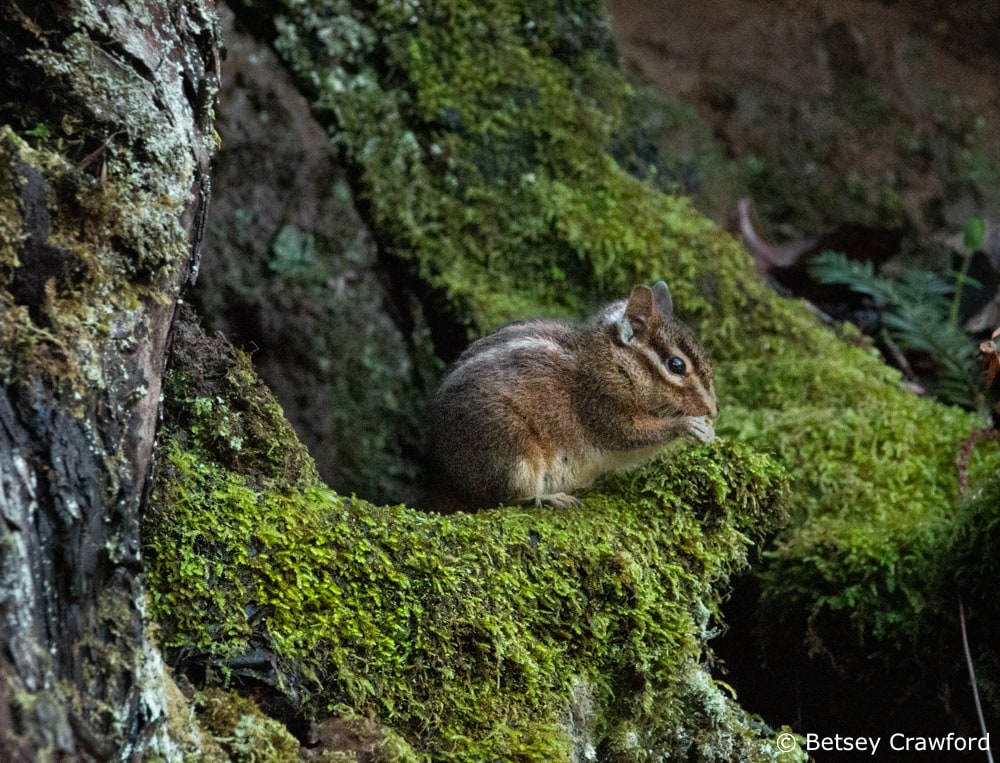
All of us are linked by unseen bonds and together form a kind of universal family.
~ Pope Francis, Laudato si ~
In his urgent apostolic exhortation of 2023, Laudate Deum, Pope Francis expanded on his eight-year-old encyclical, Laudato Si. In 2015, he expressed his “heartfelt concerns about the care of our common home,” emphasizing the dignity and worth of all beings. But in the eight intervening years since, he saw that “our responses have not been adequate, while the world in which we live is collapsing and may be nearing the breaking point.”
Pope Francis repeatedly pointed out that the most vulnerable beings on the planet disproportionately bear the effects of climate disruption. Even blunter now, he cited the conference of African bishops, whose people are among the most drastically affected, for their stark statement that “climate change makes manifest ‘a tragic and striking example of structural sin.’”
He faulted those in power in government and commerce for putting short-term profit over the good of the planet and of life itself. They are, he said, dithering in the face of “cries of protest on the part of the earth that are only a few palpable expressions of a silent disease that affects everyone.”
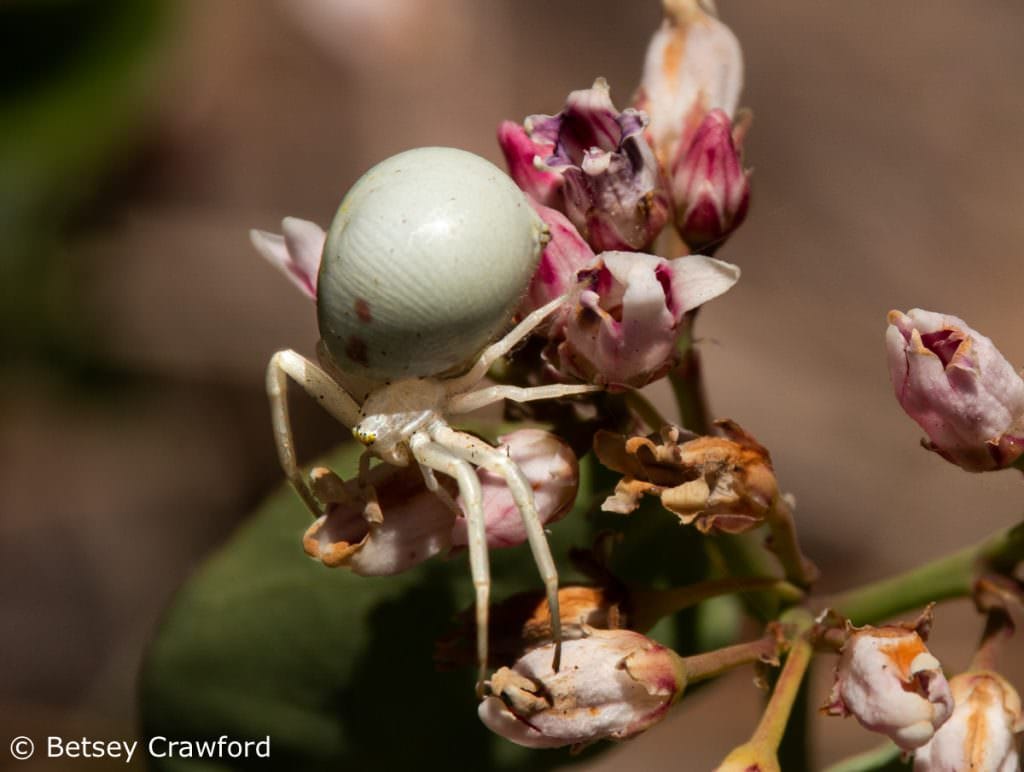
~ Laudate Deum ~
Those cries of protest include the extinction of many beings in both the plant and animal kingdoms. He released Laudate Deum on Francis of Assisi’s feast day. Opening with a quote from his namesake. Pope Francis invoked all creatures of Earth several times. He called us “to recognize … that human life is incomprehensible and unsustainable without other creatures.” I have chosen photos of our fellow animals to go with this essay. Their captions are quotes from both documents.
Pope Francis was concerned with the long-lasting effects of climate disruption, both past and future. His examples include the increasing temperature and acidity of the oceans. It will take centuries to mitigate such effects, even if we stop all emissions today. The same is true of the melting of the polar ice sheets. That, too, will take hundreds of years to mend. These, he pointed out, are two “of the many signs that the other creatures of this world have stopped being our companions along the way and have become instead our victims.”
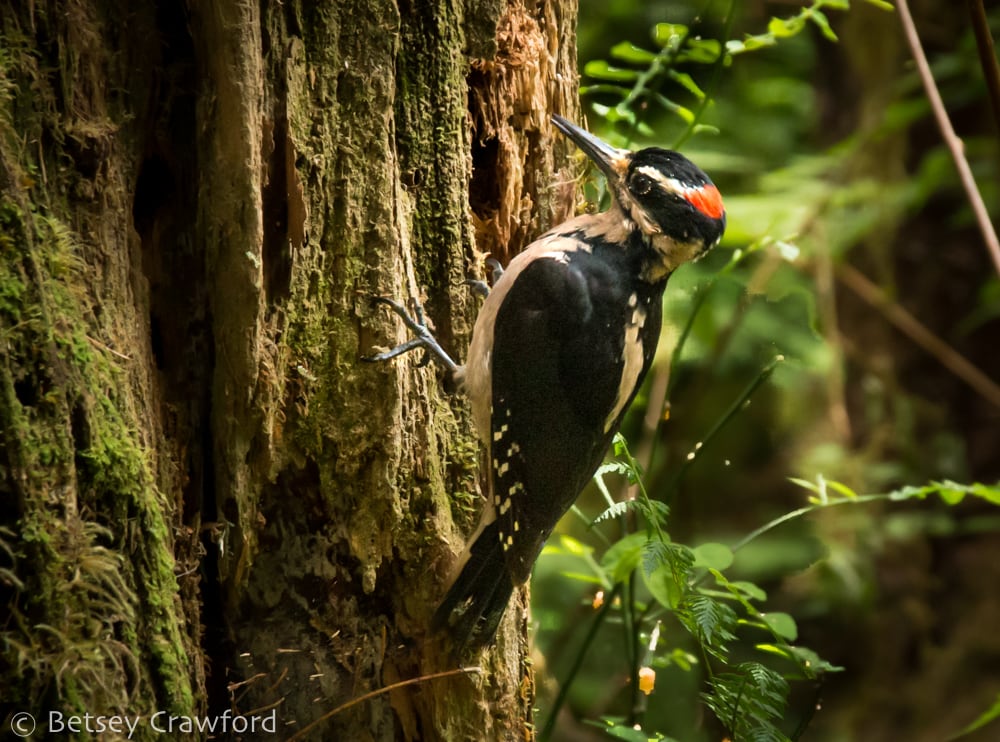
~ Laudate Deum ~
As he did in Laudato Si, Pope Francis takes the technological paradigm to task. It is “a certain way of understanding human life and activity [that] has gone awry.” That “starts with the notion of a human being with no limits, whose abilities and possibilities can be infinitely expanded thanks to technology.” He acknowledged the necessity for many technological advances to mitigate the damage done. But he pointed to the dangers of falling into the trap of relying on such progress alone. Instead, we have to face the cultural changes we must create together. “We need to rethink … the question of human power, its meaning and its limits.”
As we have made “impressive and awesome technological advances … we have not realized that at the same time we have turned into highly dangerous beings, capable of threatening the lives of many beings and our own survival.” Even more starkly, he said, “To suppose that all problems in the future will be able to be solved by new technical interventions is a form of homicidal pragmatism.”
The profound interconnectedness of all global phenomena and systems cannot be met with thousands of separate technological remedies, however helpful. No amount of carbon capture will mitigate the vast, complex harms of deforestation or fossil fuel reliance. Rising to the challenges we face requires understanding and transforming the underlying cultural and economic forces that have brought us here.

~ Laudate Deum ~
He didn’t mince words: “The ethical decadence of real power is disguised thanks to marketing and false information, useful tools in the hands of those with greater resources to employ them to shape public opinion.” Thus, we’ve had oil producers spend decades obscuring the results of extracting fossil fuels. Dangers they have known about since the days of Henry Ford.
Money and economic power, along with the concomitant ability to buy political power, were all that mattered. The false dream of unlimited growth lies in rubble but still holds the dominant economic paradigms in its grip. As Pope Francis said in Laudato Si: “Our immense technological development has not been accompanied by a development in human responsibility, values and conscience.”
He was no less harsh toward politicians, taking us through three decades of the few successes and many failures of the COP climate conferences. Even the successes, he points out, have been poorly implemented. Too often, nations are unable to put their self-interest aside for the planetary good. “We must move,” he said, “beyond the mentality of appearing to be concerned but not having the courage needed to produce substantial changes.” Moving beyond includes “a decisive acceleration of energy transition, with effective commitments subject to ongoing monitoring.”

~ Laudate Deum ~
He joined many in only guarded hopes for the 2023 conference. It was chaired by an oil company head, held in a major oil-producing country. Still, he urged conference attendees at COP28 in the United Arab Emirates to make it an “historic event that honors and ennobles us as human beings.” Demonstrating “the nobility of politics and not its shame.”
Releasing Laudate Deum shortly before this conference suggested he was hoping it would have the influence Laudato Si had on the 2015 Paris Agreement. He repeated his unsparing question from 2015: “What would induce anyone, at this stage, to hold on to power, only to be remembered for their inability to take action when it was urgent and necessary to do so?”
Recognizing that the immense work needed has to come at the national and international levels, he also warned us that “there are no cultural changes without personal changes.” In a time when climate activists worldwide are being silenced, even imprisoned, he celebrated the work of individuals and groups joining to pressure governments and businesses. “They are filling a space left empty by society as a whole.”
It is at the individual and local level that cultural change takes place. “The mere fact that personal, family and community habits are changing” is transforming the culture from the ground up. It is also “contributing to greater concern about the unfulfilled responsibilities of the political sectors and indignation at the lack of interest shown by the powerful.”
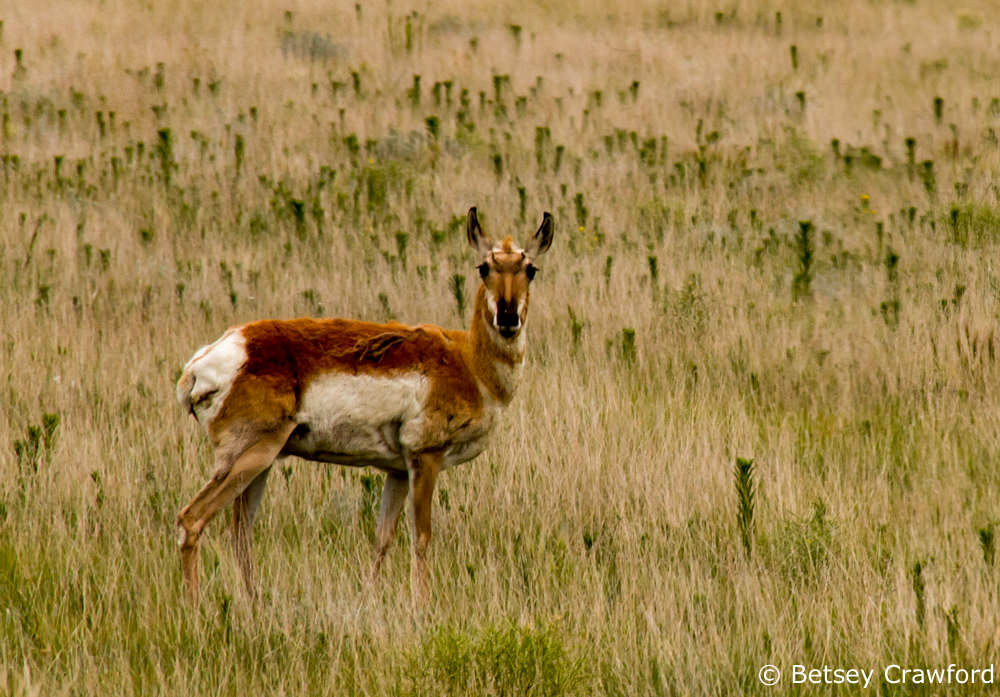
~ Laudato si ~
Changing the Western lifestyle, with its incessant gobbling up of vast resources, will make an enormous difference to those suffering the most from climate disruption. “As a result, along with indispensable political decisions, we would be making progress along the way to genuine care for one another.” This was always Pope Francis’ underlying concern: the need to care for one another. “Another” means the vast array of beings we share the planet with.
Such care requires that we protect the home places of all beings. We concern ourselves with the well-being of both our neighbors and strangers far from us. We protect the ecological niches so crucial to healthy, thriving species of all kinds.
Unlike the philosophical, almost elegiac tone of Laudato Si, Laudate Deum is blunt and sometimes harsh. A work of disappointment and frustration by a leader who cared deeply about the Earth in all its manifestations. He called out the various excuses for climate denialism and refuted them. He deplored the locus of power in so few powerful political and economic hands. “It is extremely risky for a small part of humanity ” to hold so much sway. “Unless citizens control political power — national, regional, and municipal — it will not be possible to control damage to the environment.”

~ Laudate Deum ~
In our current climate of deep polarization, in his church as well as throughout our culture, this is a very difficult challenge. In the end, “It is we human beings above all who need to change.” Altering our course requires that we see that everything is connected. No one person or group can move forward to a thriving world alone.
He asked us to rethink our roles on our shared planet. To redefine power. To be humble in the face of our abilities to both help and harm. To acknowledge limits on what is acceptable to do with those abilities. Being leery of “becoming a slave, prey to any whim of the human mind and its capacities.”
Despite all these challenges, he exhorted us not to despair or give way to cynicism. These drain us of the energy that drives transformation. Hope and courage are contagious, even within ourselves. Ultimately, Laudate Deum arose from Pope Francis’ belief in the most powerful of forces. “The world sings of an infinite Love,” he said. Trusting in that, embodying such love, “How can we fail to care for it?”
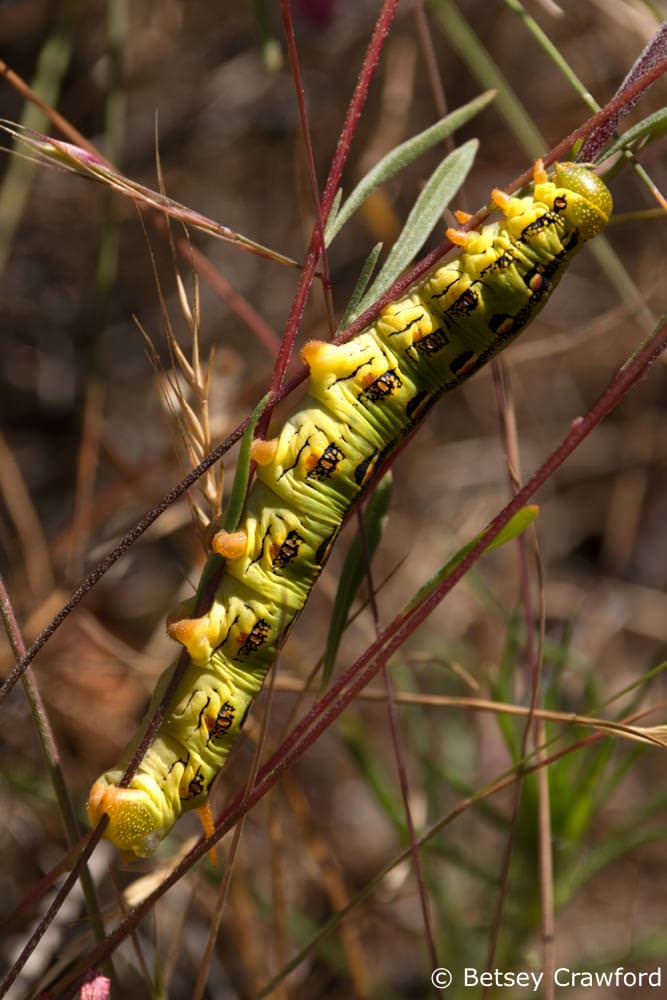
~ RELATED POSTS ~

Laudato si — Praise be! — are the opening words of each verse in Francis of Assisi’s Canticle to the Sun. And the title of Pope Francis’ 2015 encyclical on the Catholic Church’s doctrines on the care of Earth. I’ve paired quotes with images of the great luminous beauty of our world.

My youngest nephew stands at the gates of adulthood, appalled by what he sees. What stayed with me after one visit was Ira’s asking where I find comfort and inspiration. This is my answer.

The pandemic showed us that our culture has its values and rewards upside down. Tug on any one string, and you pull on the whole fabric. Tug enough strings and the fabric loses all integrity. We are all completely, intimately, and sometimes desperately interrelated.
Thank you for your work for all life.
💚🌏💙
Thank you so much, Annie.
Beautiful, Betsey! Strong, timely, heartfelt and imperative. I so appreciate the in-depth look at the Pope’s latest encyclical. He is one of the just men holding our center. I will share your post with others. Gratitude to you!
Thanks so much, Leslie. It is a very strong document. I’m looking forward to what he says at the new COP conference in a few days.